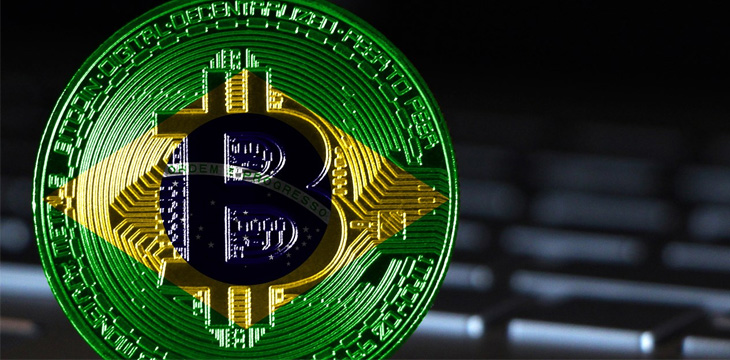|
Getting your Trinity Audio player ready...
|
Scammers continue to use cryptocurrency independence to drain off millions of money from the unsuspecting crowd all around the world. Police in Rio de Janeiro recently uncovered a major money-laundering scheme involving state officials who reportedly acquired $22.4 million—some of which had already been converted to legacy Bitcoin (BTC).
Police officers arrested seven people concerning the ongoing investigations, according to local reports. Among the arrested state officials were Marcelo Martins, current Director of Specialized Police;and Colonel Cesar Rubens Monterio de Carvalho, former secretary of Penitentiary Administration. Warrants of arrest were also issued for 16 other suspects including a businessman named Felipe Paiva.
According to local reports, the fraud is believed to have started back in 2001, when a company called Induspan was hired to carry out the Bread-school project. The contract was terminated in 2010, as there were some imbalances in the financial records with price quotations being higher than the market prices.
After the termination of the first contract, Paiva—who owned Induspan–created a non-profit primus initiative in 2010 to deliver snacks to state-run prisons. He installed machines in the facility to help make bread with labor from the inmates. This, however, did not reduce the cost of bread as was expected thus resultingin termination of the contract in 2015. According to the prosecutor of the Anti-Corruption Action Group of the MPRJ, Silvio Ferreira de Carvalho Neto, the prices of bread kept increasing with each renewal of the contract. He also noted that a lot of money was spent on coffee and bread with no connection to increase in a number of the prisoners.
In May, an audit by the state court of the audit found that the prices of bread in the prison was twice what it ought to have been. Investigations also showed that de Carvalho’s wealth increased at least by 10 time during his term as secretary of the Penitentiary Administration.
Rio de Janeiro authorities also discovered that the state officials allegedly involved in the case bought BTC using a portion of the laundered money “in the attempt to remit values abroad.”
“We drew attention, in the Federal Revenue, regarding this specific operation, because for the first time appear operations involving Bitcoin. That’s a novelty, it shows that people are trying to sophisticate in some way, maybe fly below the radar of the IRS and the Central Bank. They were remittances made with the purchase of bitcoin out there. The idea, I have the impression, is to try to receive money abroad using this instrument, which is not regulated in most countries. So it’s something that catches our attention, it’s quite interesting,” Luiz Henrique Casemiro, superintendent of the Internal Revenue Service in Rio de Janeiro, told local news outlets.

 02-23-2026
02-23-2026 




